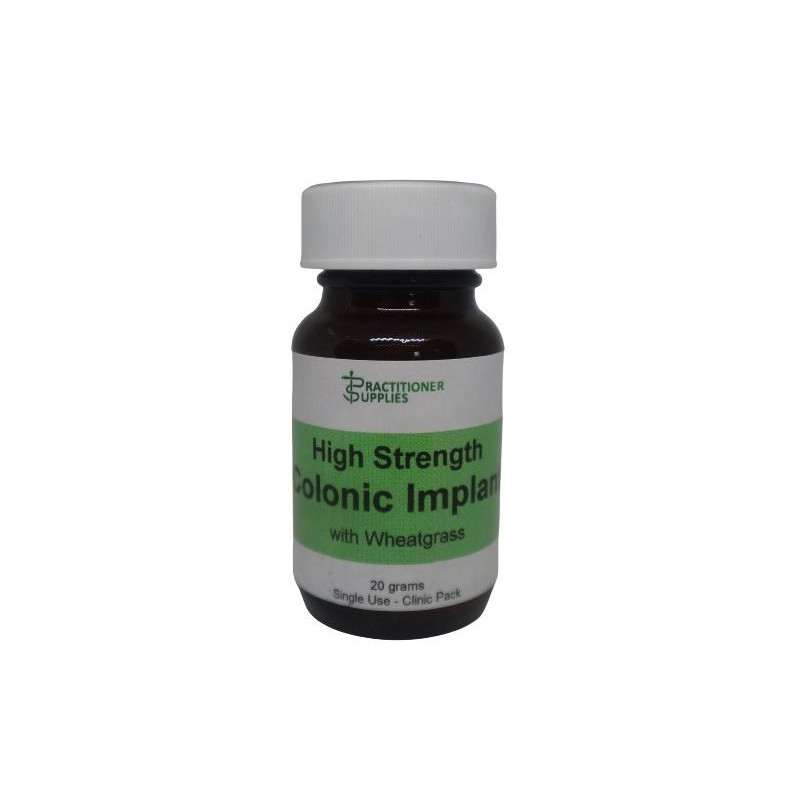

local_shipping Fast Delivery Available
check_circle High Quality Products at Low Prices
credit_cardVisa & Mastercard Accepted


Our highHIG6DZTR55 strength Probiotic Implant contains the following probiotics BifidoBacterium Bifidum; BifidoBacterium Longum; LactoBacillus Acidophillus and LactoBacillus Casei and Wheatgrass
They provide 28 Billion viable cells at the time of manufacture.
What are the benefits of each of the different strains of Probiotics contained within the Implant?
BifidoBacterium Bifidum - Its job is to maintain the micro flora balance within the intestines, control the increase of detrimental bacteria, bolster the immune system, and aid in the digestive process.
Bifidobacterium Longum - This has been described as one of the most significant and important types of good bacteria that inhabits the human body. Bifidobacterium longum or B. longum is very helpful because it maintains a normal digestive tract, inhibits the growth of harmful bacteria, and also boosts the immune system. Other benefits of B. longum include, diarrhoea prevention in antibiotic treated patients, cholesterol reduction, alleviation of lactose intolerance symptoms, immune stimulation, and cancer prevention. In addition to this research various studies have been conducted regarding the health effects of B. longum, and researchers have concluded from these studies that B. longum may minimize the effects of or prevent the following: constipation associated with weight loss, various types of allergies and inflammation associated with Crohn's disease or colitis, or high levels of cholesterol.
Lactobacillus Acidophilus - One of the main functions of probiotics in the acidophilus group is to provide aid in the digestion process. Lactobacillus acidophilus is found naturally in humans in the mouth, the intestines and the vagina. Classified as healthy bacteria, L. acidophilus helps guard against infections and disease. There are a number of ways in which L. acidophilus performs. It assists in the breakdown of foods and thereby produces hydrogen peroxide, lactic acid and other substances that create an acidic, unfriendly environment for harmful organisms. L. acidophilus also creates lactase, which is an enzyme that converts lactose (milk sugar) into a simple sugar. Because of this latter capability, ingestion of L. acidophilus may be useful for people who suffer from lactose intolerance. Lactobacillus Casei -
Lactobacillus Casei is a beneficial bacteria that is found naturally in both the mouth and intestines of human beings. It produces lactic acid which helps lower pH levels in the digestive system and impedes the growth of harmful bacteria. It is able to improve and promote digestion. Some strains of the bacteria help control diarrhoea, while other strains have an anti-inflammatory effect on the gut. Other advantageous effects include reducing lactose intolerance, alleviating constipation, and even modulation of the immune system